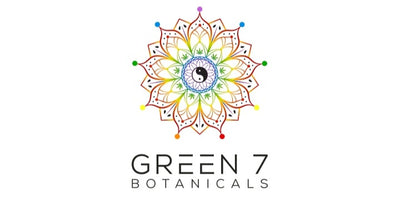CANNABIS THERAPY FOR SEIZURES IN ANIMALS
Cannabis and CBD medicine for animals has been getting a lot of attention. One promising potential use is the treatment of seizures.
By Gary Richter on October 30, 2019

The use of cannabis to treat seizures is nothing new. Cannabis has been described as a therapy for people with seizures for hundreds, if not thousands, of years.
In recent years, cannabis, and cannabidiol (CBD) in particular, are once again being considered for the treatment of seizures in both humans and animals.
In ancient times, cannabis was used for seizures based purely on observational data, but today in-depth scientific research is being conducted to determine how and why cannabis is beneficial in the effort to determine how best to limit, and hopefully eliminate, seizures.
THE SCIENCE OF CANNABIS & EPILEPSY
Despite the renewed interest and availability for research funding, the mechanisms by which cannabis effects seizures are still unclear. One consideration is a specific receptor on neurons, known as “GPR55,” which is thought to mediate seizure activity through regulating the excitability of neurons. CBD appears to limit GPR55’s ability to cause neuronal excitation which is speculated to reduce seizures.
Additionally, some studies have shown epileptic patients to have reduced anandamide (AEA) concentrations in their cerebrospinal fluid and/or alterations in their CB1 receptors. AEA is one of the naturally occurring neurotransmitters in the body that regulates the endocannabinoid system (ECS). CB1 receptors, also part of the ECS, are binding sites for AEA and changes in AEA and/or CB1 receptors are presumed to lead to changes in levels of other neurotransmitters that may ultimately lead to seizure activity. Tetrahydrocannabinol (THC) binds CB1 receptors and, in this way, may reduce seizure activity.
Pre-clinical research into other cannabinoids and terpenes suggest other compounds found in cannabis may also be effective for seizure treatment. For practical and legal reasons, however, much of the current research focuses on CBD.
Although the exact reasons why cannabis compounds have a positive effect on seizures are not crystal clear, great strides have been made with regards to their therapeutic use. In 2018, the FDA approved the first cannabis-derived pharmaceutical, Epidiolex. A single-molecule CBD formulation, Epidiolex is approved for the use of refractory seizures in two forms of pediatric epilepsy known as Lennox-Gastaut and Dravet Syndromes. Not only is Epidiolex of great benefit for the children it helps, the drug also represents a huge step forward in the federal government’s acknowledgement of the medicinal value of cannabis.





